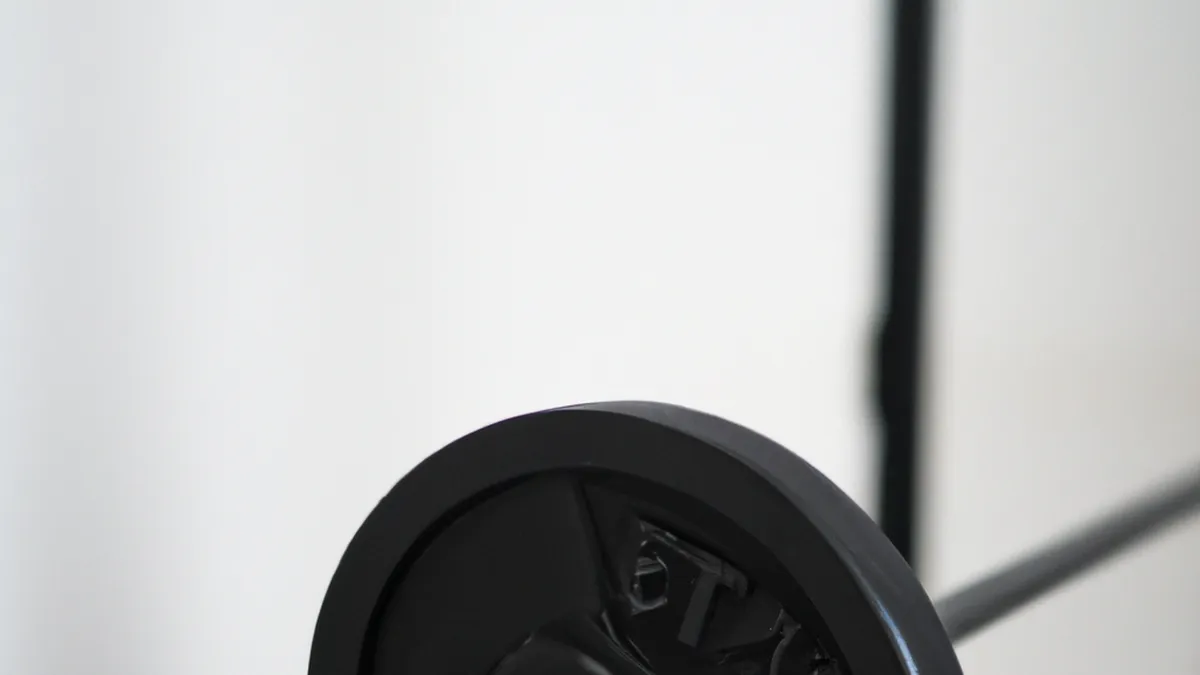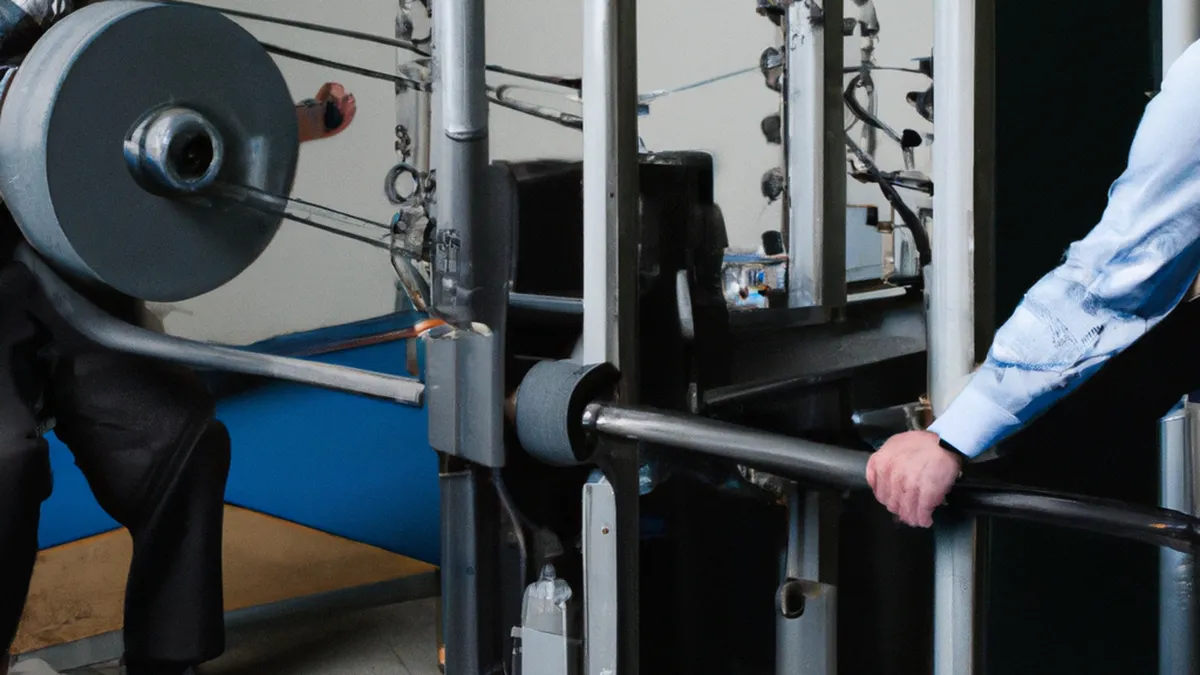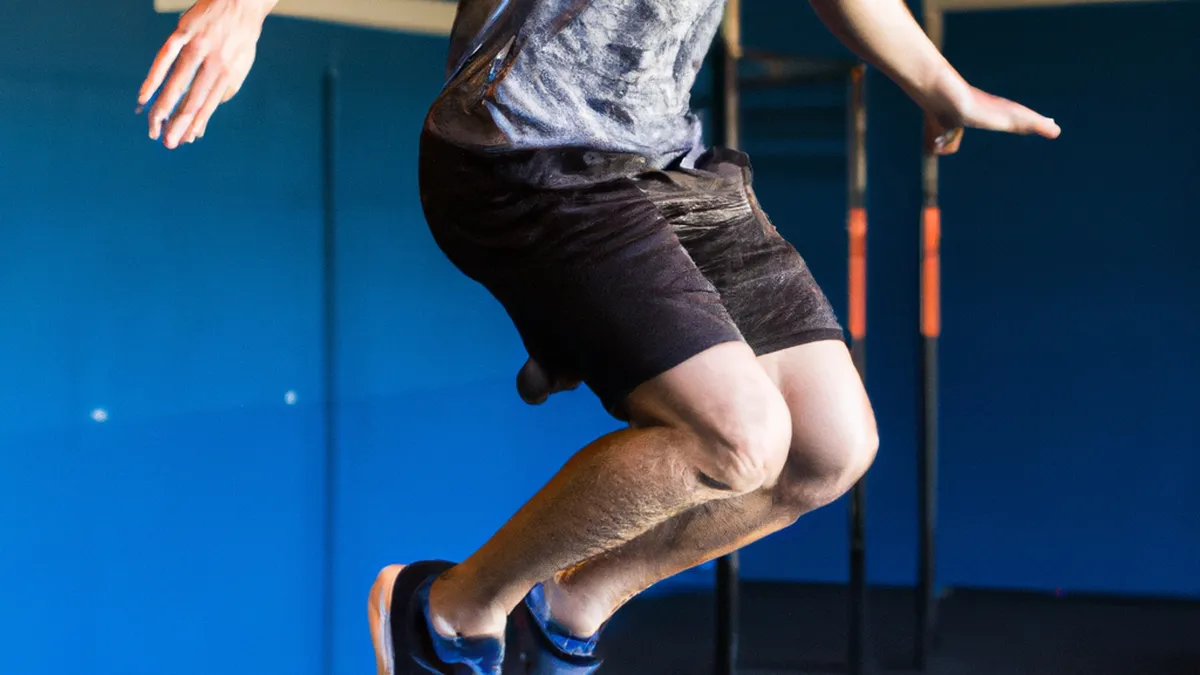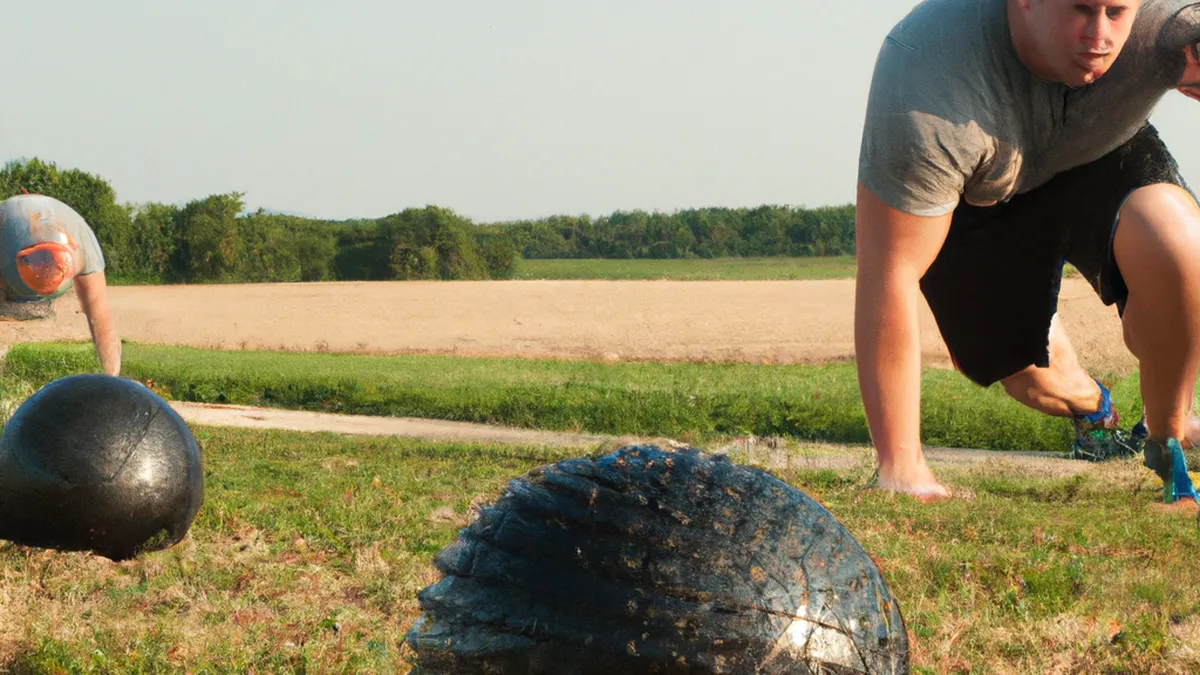Basics of Safe and Effective Deadlifting
Deadlift Mechanics for SafetyThe deadlift effectively strengthens multiple muscle groups, especially the posterior chain: hamstrings, glutes, and lower back. When you execute the deadlift correctly, you enhance overall strength, improve athletic performance, and promote better posture. However, improper technique can cause injuries, particularly to the back and joints. Understanding deadlift mechanics ensures safe lifting. This guide offers insights into deadlift mechanics and tips for safe execution.
Understanding the Deadlift
The deadlift serves as a compound exercise that lifts a barbell from the ground to a standing position. It engages numerous muscles, making it an efficient strength-building exercise. The primary muscles worked include:- **Hamstrings**: Located at the back of your thigh, these muscles aid in hip extension during the lift.- **Glutes**: The gluteus maximus, the largest muscle in the body, primarily drives hip extension and stabilization.- **Lower Back (Erector Spinae)**: These muscles support a neutral spine during the lift.- **Core**: A strong core stabilizes the spine and pelvis, providing a solid foundation for the lift.Recognizing deadlift mechanics is essential for safety and effectiveness.
Starting Position
The starting position is crucial for a successful deadlift. Here’s how to set up correctly:1. **Foot Placement**: Stand with your feet hip-width apart, pointing straight ahead or slightly outward as comfortable.2. **Bar Position**: Place the barbell over the middle of your feet. Keep your shins close to the bar without touching it.3. **Grip**: Bend at your hips and knees to lower your body. Grip the bar with both hands just outside your knees using a double overhand or mixed grip.4. **Back Position**: Maintain a straight back and an elevated chest. Position your shoulders slightly in front of the bar while keeping your spine neutral. This setup promotes effective force transfer and reduces injury risk.
The Lift
Many lifters falter when initiating the lift. Follow these critical steps:1. **Engage Your Core**: Before lifting, take a deep breath and brace your core. This creates intra-abdominal pressure that stabilizes your spine.2. **Push Through Your Heels**: As you begin the lift, push through your heels while extending your hips and knees. This maintains balance and effectively engages the posterior chain.3. **Keep the Bar Close**: During the lift, keep the barbell close to your body. This reduces the lever arm and minimizes strain on your lower back.
Conclusion
As an Amazon Associate I earn from qualifying purchases.
Gear tip: consider barbell, ems device, and tens unit to support this topic.
Understanding and applying proper deadlift mechanics ensures safety and effectiveness in your strength training.
Below are related products based on this post:
FAQ
What muscles are primarily engaged during a deadlift?
The deadlift primarily engages the hamstrings, glutes, lower back, and core. These muscle groups work together to lift the barbell from the ground to a standing position, enhancing overall strength and stability.
Why is the starting position important for a deadlift?
The starting position is crucial as it sets the foundation for a successful lift. Proper foot placement, bar position, grip, and back alignment ensure effective force transfer and significantly reduce the risk of injury.
What should I do to maintain safety while lifting?
To maintain safety while lifting, engage your core before initiating the lift and push through your heels as you stand up. Keeping the bar close to your body throughout the lift also helps minimize strain on your lower back and promotes proper lifting mechanics.















Post Comment